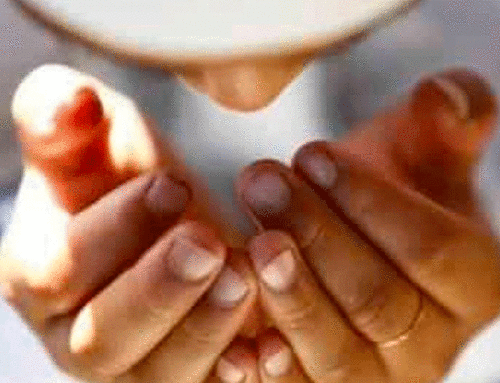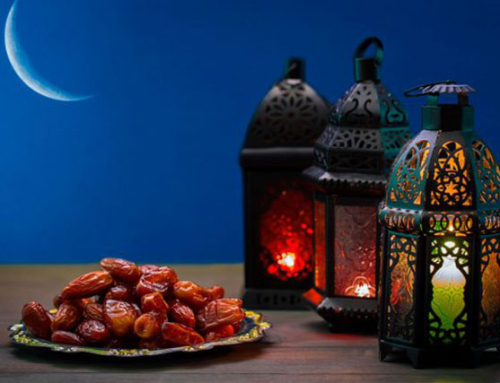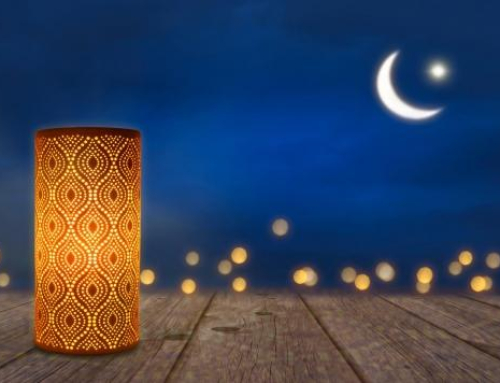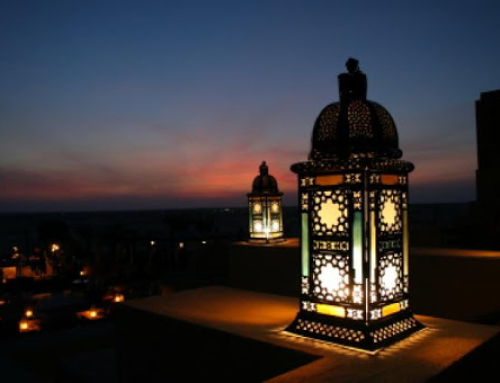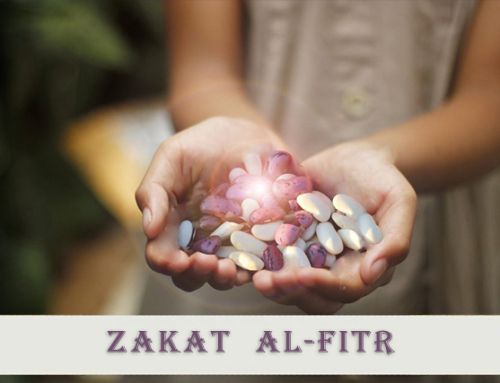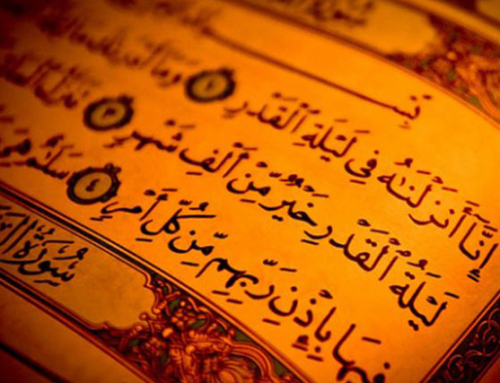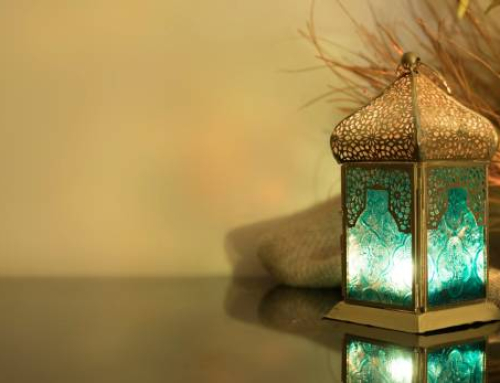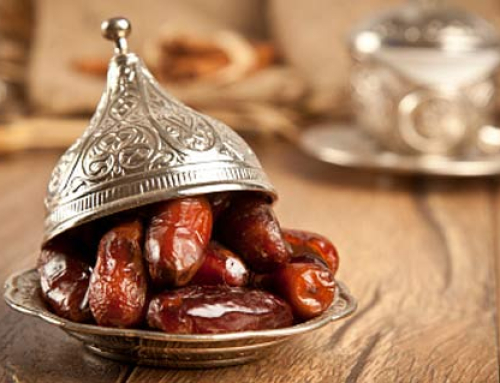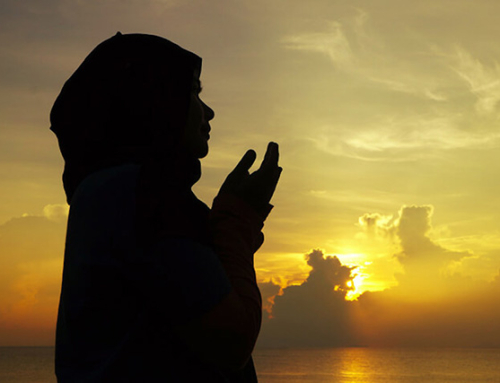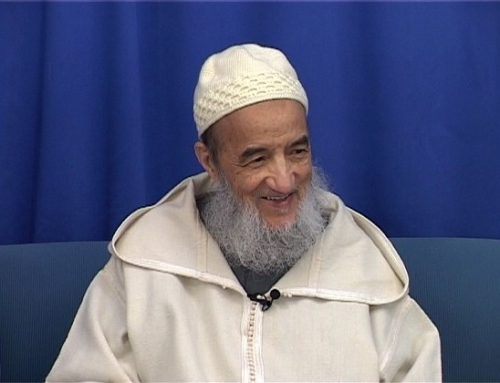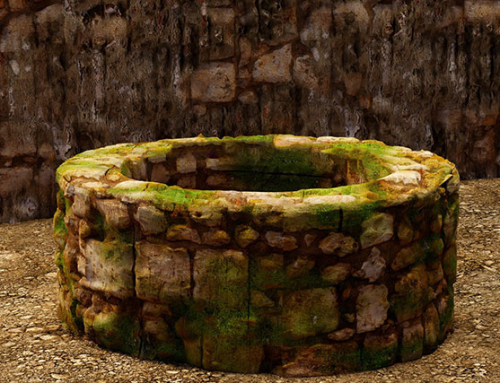Abdelhak Bzioui
July 10, 2015
Q: Are travelers permitted not to fast in Ramadan?
A:
The most renowned jurists have agreed that any Muslim on travel is permitted not to fast in Ramadan as a license from God to make travel easier for him/her. And the beneficiary from such a license is required to re-fast the missing days of the holy month after it is over. The Qur’anic evidence for this is what God (Glorified be He) says in Surat Al-Baqrah, verse 185 “ […] and whoever is ill or on a journey – then an equal number of other days. Allah intends for you ease and does not intend for you hardship and [wants] for you to complete the period and to glorify Allah for that [to] which He has guided you; and perhaps you will be grateful”. Jurists, however, differed with regards to which would be better; to fast on a journey or not to fast.
According to the followers of the creed of imam Ahmad Ibnu Hanbal, not to fast is better for the Muslim on a journey (1) . )Ibnu Abdelbar, 1980, p. 435, V 1)
The majority of jurists including the Hanafis, the malikis and the shafi’is argue that to fast for a Muslim on a journey is better unless it causes him/her some hardship or damage; otherwise, not to fast would be better (2) .
The Hanbalis who argue for not fasting on a journey even though it may bring about no discomfort or pain take evidence in the statement of the Messenger (God bless him and grant him peace): “fasting on travel is not of righteousness” (narrated in Sahih Al-Bukhari and Sahih Muslim, hadith number 1844 and 1115 respectively). However, The majority who say that fasting is better use as clear-cut evidence the following verse from the Qu’ran: “But to fast is best for you, if you only knew.” (Surat Al-Baqarah, verse 184).



